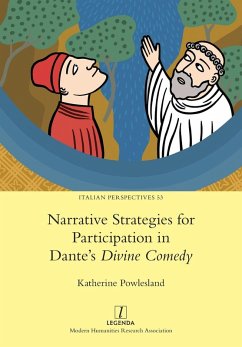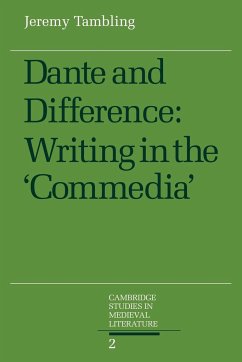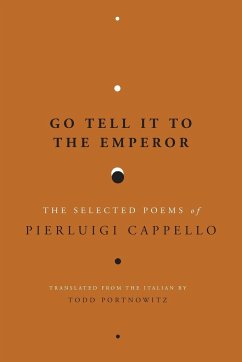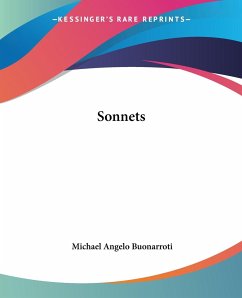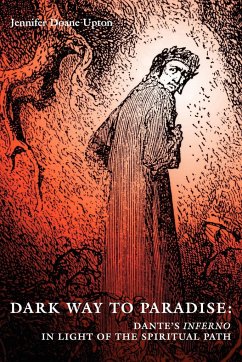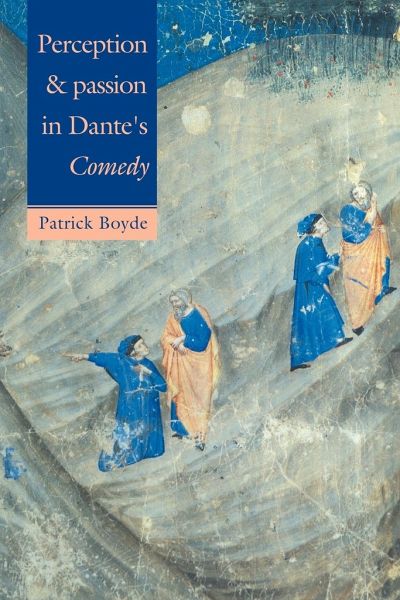
Perception and Passion in Dante's Comedy
Versandkostenfrei!
Versandfertig in 1-2 Wochen
58,99 €
inkl. MwSt.

PAYBACK Punkte
29 °P sammeln!
A reading of the Comedy in the context of thirteenth-century psychology and philosophy.Patrick Boyde argues that the way in which Dante represents what he (or his fictional self) saw and felt was profoundly influenced by the thirteenth-century science of psychology. Professor Boyde offers an authoritative account of the way in which vision and the emotions were understood in Dante's lifetime, and rereads many of the most dramatic and moving episodes in the Comedy, throwing light on Dante's narrative technique. Seeing and feeling were known to be inextricably bound up with thinking and voluntar...
A reading of the Comedy in the context of thirteenth-century psychology and philosophy.
Patrick Boyde argues that the way in which Dante represents what he (or his fictional self) saw and felt was profoundly influenced by the thirteenth-century science of psychology. Professor Boyde offers an authoritative account of the way in which vision and the emotions were understood in Dante's lifetime, and rereads many of the most dramatic and moving episodes in the Comedy, throwing light on Dante's narrative technique. Seeing and feeling were known to be inextricably bound up with thinking and voluntary action, and were treated as special cases of motion and motive forces. Dante's treatment of perception and passion is set in the context of Aristotelian epistemology, ethics and physics. In these areas too a knowledge of Dante's philosophical ideas is shown to illuminate his poetic representation of mental processes and value judgements, and the meaning of his journey towards the source of goodness and truth.
Review quote:
"...in it we are allowed to watch an elegant and graceful explicator at work, a truly learned and inventive reader who manages--mirabile dictu!--to make Aristotle jump right off the page at you. As a review of basic Scholastic terminology and theory, as a 'handbook' of philosophical backgrounds to the Commedia, and as an example of source scholarship at its very best, this is a book that every Dantist should read."
Paul Spillenger, Speculum
Table of contents:
Preface; Part I. Coming to Terms with Aristotle: 1. The prestige and unity of the Aristotelian corpus; 2. Movement and change in lifeless bodies; 3. Self-change: growth and reproduction in plant life; 4. Self-movement: sensation and locomotion in animal life; Part II. The Operations of the Sensitive Soul in Man: 5. Perception of light and colour; 6. Perception of shape, size, number movement and stillness; 7. Imagining and dreaming; 8. Body-language and the physiology of passion; Part III. The Operations of the Rational Soul; 9. Self-direction: the powers of the mind; 10. Aspects of human freedom; Part IV. Combined Operations: 11. Fear; 12. Anger; 13. Desire; Notes; Select bibliography; Indexes.
Patrick Boyde argues that the way in which Dante represents what he (or his fictional self) saw and felt was profoundly influenced by the thirteenth-century science of psychology. Professor Boyde offers an authoritative account of the way in which vision and the emotions were understood in Dante's lifetime, and rereads many of the most dramatic and moving episodes in the Comedy, throwing light on Dante's narrative technique. Seeing and feeling were known to be inextricably bound up with thinking and voluntary action, and were treated as special cases of motion and motive forces. Dante's treatment of perception and passion is set in the context of Aristotelian epistemology, ethics and physics. In these areas too a knowledge of Dante's philosophical ideas is shown to illuminate his poetic representation of mental processes and value judgements, and the meaning of his journey towards the source of goodness and truth.
Review quote:
"...in it we are allowed to watch an elegant and graceful explicator at work, a truly learned and inventive reader who manages--mirabile dictu!--to make Aristotle jump right off the page at you. As a review of basic Scholastic terminology and theory, as a 'handbook' of philosophical backgrounds to the Commedia, and as an example of source scholarship at its very best, this is a book that every Dantist should read."
Paul Spillenger, Speculum
Table of contents:
Preface; Part I. Coming to Terms with Aristotle: 1. The prestige and unity of the Aristotelian corpus; 2. Movement and change in lifeless bodies; 3. Self-change: growth and reproduction in plant life; 4. Self-movement: sensation and locomotion in animal life; Part II. The Operations of the Sensitive Soul in Man: 5. Perception of light and colour; 6. Perception of shape, size, number movement and stillness; 7. Imagining and dreaming; 8. Body-language and the physiology of passion; Part III. The Operations of the Rational Soul; 9. Self-direction: the powers of the mind; 10. Aspects of human freedom; Part IV. Combined Operations: 11. Fear; 12. Anger; 13. Desire; Notes; Select bibliography; Indexes.







